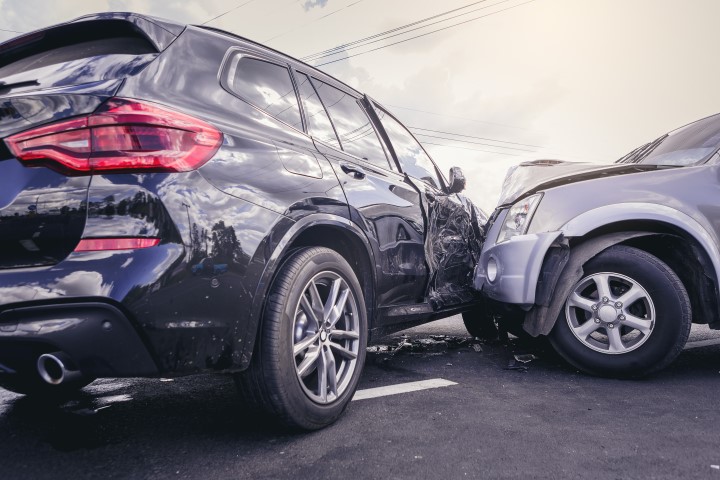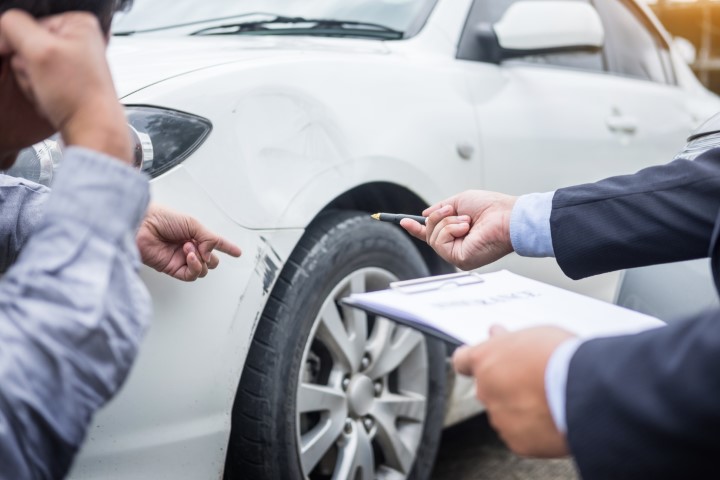 Thousands of vehicles ply the roads daily, making road safety an important consideration for all motorists and road users. Doing your part in upholding road safety doesn’t guarantee full protection from accidents, but minimizing preventable road risks is the first step in making your everyday trip safer and more enjoyable.
Thousands of vehicles ply the roads daily, making road safety an important consideration for all motorists and road users. Doing your part in upholding road safety doesn’t guarantee full protection from accidents, but minimizing preventable road risks is the first step in making your everyday trip safer and more enjoyable.
They say driving is like an instinct—the more you practice it, the more it sticks to your system. Buckle up and find out which additional tips you should practice now to make your road travels more secure.
- Do A Safety Check
These days, it seems that people are always in a rush to get things started or done with. As such, drivers often fail to perform a basic safety check of their vehicles before driving off for work.
Never mind if the car is certified with high safety ratings, a motorist still needs to put safety a priority. Start by making sure that your vehicle is in top condition. Check whether the battery, lights, brakes, air, tires, and gas are well-conditioned, and the oil, water, and air levels are fit for travel.
Most importantly, make sure that you, as the driver, are mentally prepared to tackle the road.
- Stay Alert
This is a crucial mistake most rookie drivers make: only focusing their attention on the road ahead. Road safety is also dependent on the driver’s ability to stay alert to what’s happening in their surroundings. Pay attention not only to your actions, but more so to the activities of the drivers and pedestrians around you. Keep your eyes moving around, covering not only what’s in front of you, but also the sides and behind the vehicle.
- Obey Traffic Signals
Traffic lights are there for a reason, and a driver should pay close attention to and follow traffic lights, especially the red and yellow lights.
While all people know that red light means stop, there’s a lot of contention about the yellow light. In most cases, it means slow down rather than hurry up. A yellow light typically warns a driver that they should get ready to stop by reducing speed. However, in some instances, a motorist may speed up if it’s deemed more dangerous to come to a stop within the limited space and time allotted.
- Follow Speed Limits
Speed limits aren’t imposed to merely prevent drivers from over-speeding. These rules are set in order to maintain safety of all road users and the properties located near and around the roadways.
Remember that as your speed increases, your braking distance also increases. Failing to apply breaks on time can cause major damages and loss of lives, whether yours or the innocent motorists’ and pedestrians’ around. Incurring damages disrupts your life, and in these cases, you need the services of car accident law firms to assist you.
- Practice Defensive Driving
Expect the other drivers to commit mistakes and put yourself in their shoes, especially when you’re just learning how to drive. Anticipate their actions and quickly think of how to compensate for that error in order to avoid the situation from getting worse. For instance, don’t expect the car in front of you to restart their engine right away when the signal goes from red to green. Avoid the possibility of bumping into the car ahead of you by being impatient.
For this reason, it’s also good to always use turn signals in advance if you’re planning to change lanes, or turn left or right.

- Avoid Using Your Mobile Phones
Using mobile phones while driving in most countries is prohibited, owing to the high likelihood of causing serious accidents. Using mobile phones while driving reduces your ability to concentrate and negatively affects your alertness. In fact, almost 3,000 persons are killed every year due to distracted driving crashes, mostly triggered by mobile phone use, according to the National Safety Council.
Instead of tapping on your mobile phone to text or taking a call from your boss while you’re on the road, look for a safe, well-lit place to pull over. Respond to the calls or SMS messages and tell them that you’re driving.
- Don’t Drink And Drive
This reminder may be plastered on almost all restaurants, clubs, even on beer posters, but it bears repeating, nonetheless. Many lives have been lost because of drunk driving, and it’s time to put an end to it.
If you must drink, have someone with you to assign as a designated driver. This person must have a strong will power not to drink with you, which may be very challenging, but not impossible. However, if you can’t find anyone to ride shotgun with, leave your vehicle in the club or the establishment, and ride a cab to go home. Retrieve your car the next day when you’re sober.
- Keep Your Focus
Distracted driving doesn’t only refer to motorists using mobile phones to text or call while operating a vehicle. Putting on makeup, changing CDs, looking at the video screens, eating, and drinking can also prevent the driver from focusing on the road. Avoid doing these things to prevent car mishaps.
If you find it difficult to focus because of medications, pull over to a safe parking area and get some sleep, if you can’t ask someone to drive for you.
- Pull Over And Seek Help If Your Car Breaks Down
Ideally, you should try to pull over or get your vehicle to a safe location, away from the other motorists and pedestrians. However, if your car breaks down in the middle of the road and refuses to turn on, turn the hazard lights on and seek help from a professional or a towing service. Stay in your car and wait for the authorities or any form of help to arrive and assist you.
Don’t leave your car or attempt to repair it while on a busy road, even if you have all the car safety tools in your compartment.
Final Thoughts
Inattentive and impatient drivers are highly susceptible to road accidents. These individuals should practice due attention and precaution when hitting the road, if they want to arrive safely from point A to point B. In driving, being on time is important, but arriving unharmed and in one piece is more essential.










